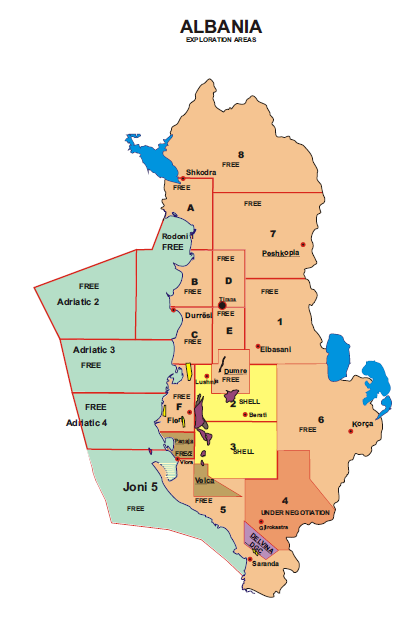Albania joined the WTO in 2000 and applies WTO rules on import licensing.
From 1999 to 2006, Albanian exports to EU countries benefited from an asymmetric regime in the form of autonomous measures. Therefore, Albanian exports were subject to various reductions and discounts on duties when entering the EU market. The regime was applicable to agricultural and industrial goods.
In 2006, Albania signed the Stabilization and Association Agreement (SAA) with the EU. The agreement, which was ratified in 2009, liberalized trade relations between the EU and Albania in terms of duties and non-tariff restrictions for agricultural and industrial goods. Only a few exceptions, concerning some agricultural and fishery products, are not fully liberalised, and are subject to reduced duties and/or preferential quantitative concessions. In addition, a system of diagonal cumulation of origin is in force between the European Union and Western Balkans and Turkey. Albania as part of Western Balkans benefits from the diagonal accumulation. For more information on the system of diagonal cumulation please visit: https://ec.europa.eu/trade/policy/countries-and-regions/regions/western-balkans/
For a full list of Albania’s agreements and treaties, please see the link Treaties Office Database
Albania is a member of the multilateral Central European Free Trade Agreement (CEFTA), along with North Macedonia, Montenegro, Kosovo, Moldova, Serbia, and Bosnia and Herzegovina.
Albania also has an FTA with Turkey, which was signed in 2006 and entered into force in 2008.
In 2009, Albania signed an FTA with the European Free Trade Association (EFTA). EFTA member states include Iceland, Liechtenstein, Norway, and Switzerland. The agreements with Liechtenstein and Switzerland entered into force in 2010, and the agreements with Iceland and Norway entered into force in 2011.
